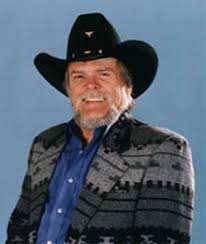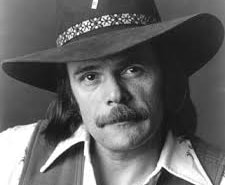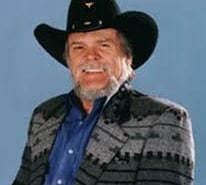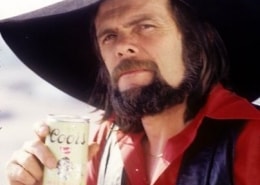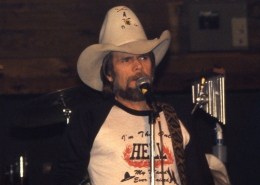Johnny Paycheck
American country singer-songwriter
Facts
Music Genres: Country music, outlaw country, honky tonk music
Years active: 1953–2003
Instruments: Vocals, guitar, bass guitar, steel guitar
Current Location: Woodlawn Memorial Park Cemetery in Nashville
Johnny Paycheck Biography
Born and raised in Greenfield, OH, Donald Lytle was born on May 31, 1937. In 1964, he changed his name legally to Johnny Paycheck
Donald Lytle (AKA Johnny Paycheck) was an American country music singer-songwriter, multi-instrumentalist, and Grand Ole Opry member notable
He achieved his greatest success in the 1970s as a force in country music’s “Outlaw Movement” popularized by artists David Allan Coe, Waylon Jennings, Willie Nelson, Billy Joe Shaver, and Merle Haggard.
One of the truest voices in country music. Hard, sharp-edged, a little touch of Merle, a dash of Cash, a trace of Jones; a whole lot of Paycheck. A one-time Nashville renegade, Johnny Paycheck was an ‘Outlaw’ before Waylon and Willie had even thought about leaving Texas.
Arriving in Nashville under the name of Buddy Killen, he recorded for Decca and Mercury using the name Donny Young. On the side he went to work for some of the top bands in country music including those of Porter Wagoner, Ray Price and Faron Young.
He started on the road with George Jones’ band in 1960, playing bass, steele guitar and singing high harmonies on at least 15 albums. It was a love-hate relationship. Both of them being highly volatile and heavily into booze and drugs, Paycheck finally found his match in George Jones. He stayed with Jones for four years, fronting the Jones Boys between 1962 and 1966, and singing tenor harmony on George’s hits “I’m a People,” “The Race Is On,” and “Love Bug.” Johnny Paycheck later co-wrote Jones’s hit song “Once You’ve Had the Best.”
Paycheck’s vocal influence on Jones (and later Merle Haggard) went unaccredited for decades but in recent years has been more widely acknowledged.
All too often Paycheck’s headline making exploits have over-shadowed his musical achievements. It is a great pity, for it just so happens that he was one of the mightiest honky-tonk singers of his era.
Although he left a colourful legacy with some ace honky-tonk recordings, he recorded over 70 albums and had about 30 hit singles.
To his fans and younger country singers, Johnny PayCheck will always be known as the perfect example of the outlaw country singer who gave the genre some of its best-loved hits and lived life on his own terms.
— Johnny Paycheck
The ‘outlaw’ label he earned always transcended his legal troubles. ‘To me, an outlaw is a man that did things his own way, whether you liked him or not,’ he once said. ‘This world is full of people that want you to do things their way, not necessarily the way you want to do it. I did things my way.’
Paycheck died at Nashville’s Vanderbilt University Medical Center in 2003, aged 64.
His burial plot was donated by George Jones and his funeral and burial expenses were paid by former manager Glenn Ferguson. He is buried in Woodlawn Memorial Park Cemetery in Nashville.

